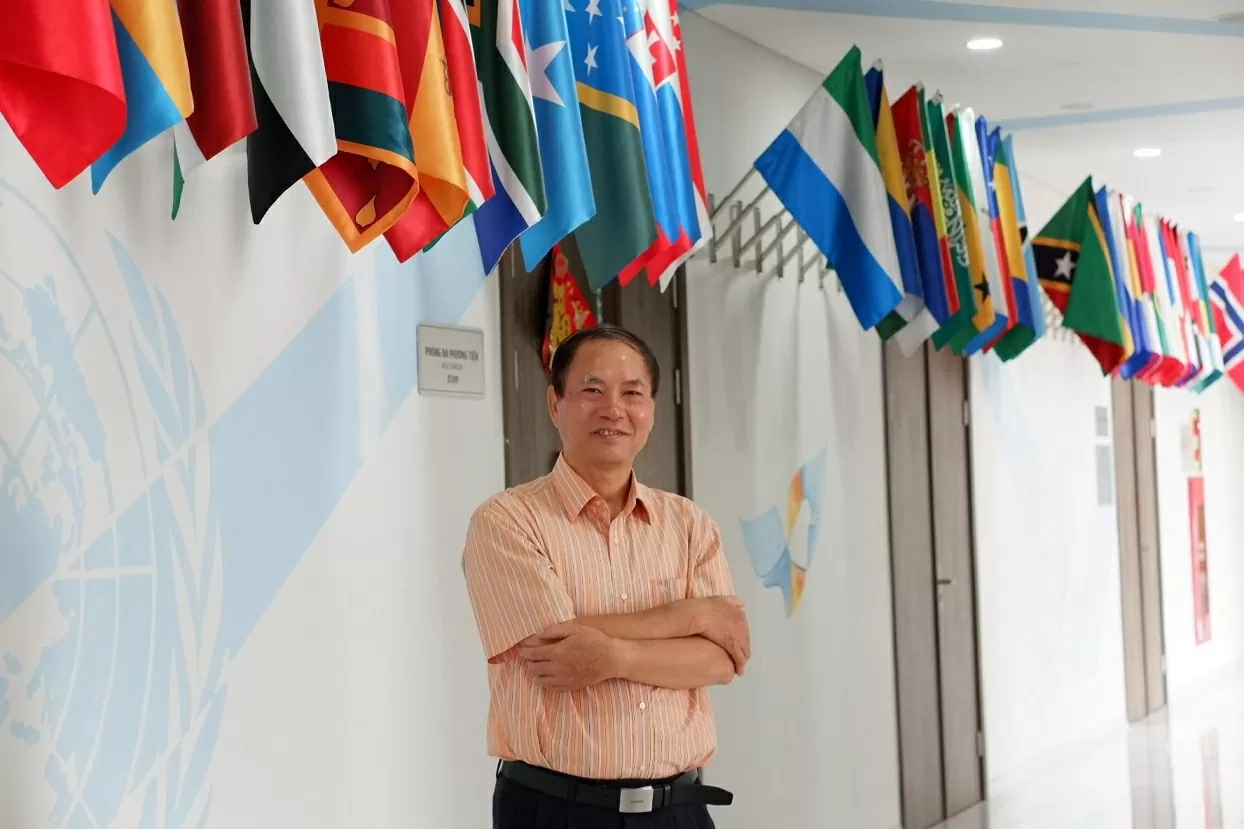 |
| Ambassador Pham Viet Anh. (Source: NVCC) |
Veteran diplomat and former Vietnamese Ambassador to the Netherlands Pham Viet Anh shared about the major movements in the diplomatic sector in recent times, and at the same time expressed his hopes for the younger generation - those who carry the mission of continuing to write the Vietnamese identity in the international arena.
In the first half of 2025, Vietnam continuously welcomed many high-ranking international delegations. In the context of the world experiencing many fluctuations and political , economic and security instability, Vietnam is known as a stable and trustworthy destination, not only in terms of politics but also in terms of investment environment and foreign policy. According to the Ambassador, what makes up the unique identity of Vietnamese diplomacy and in the current context, what are the factors that need to be focused on when presenting Vietnam's image in the international arena?
Diplomatic style changes depending on each period and situation. But in my opinion, no matter what, Vietnamese diplomacy is still deeply influenced by the ideology of President Ho Chi Minh . The identity of Vietnamese diplomacy is not only expressed by the strength of the diplomatic sector, but also based on the strength of the entire nation at home and abroad.
Regarding the elements that need to be shown, it is the image of a resilient, hard-working Vietnam that overcomes difficulties to rise up, and sacrifices to regain independence and freedom. In the current period of instability in the world, I believe that stability is Vietnam's strength.
It can be seen that many investors in the world are gradually withdrawing their capital and production and assembly facilities to bring them to Vietnam. Our country has become a trustworthy place for them, because the Vietnamese people are a peace-loving, justice-loving people with a long history. The world looks to Vietnam as a country of stability.
Looking back at the first half of this year, we see that Vietnam's diplomatic activities have been very active with many high-ranking delegations visiting. This first of all shows that we are being cared for and trusted. In the face of unpredictable changes in the context, countries have recognized in Vietnam a valuable stability, a high and important position in terms of economics and politics in the region and internationally through a balanced foreign policy and strong internal development.
Recent strong reforms and innovations further demonstrate Vietnam's correct new orientation, in line with the trend of the times and its determination to rise up. The diplomatic activities of many foreign high-ranking leaders in Vietnam and of our high-ranking leaders in other countries in the recent short period have been vibrant in frequency, rich in partners, and profound in content, showing that Vietnam is becoming a necessary and indispensable factor in the development policies of many countries.
These achievements are the result of a clear, consistent but very flexible foreign policy. It is a very Vietnamese identity: flexible, creative but always aiming for the highest goal of national and ethnic interests.
Looking back on your journey with the Diplomatic Service from the early years of the deep integration process until now, according to the Ambassador, what is the biggest difference between diplomacy in the past and present?
The development of the Diplomatic sector can be divided into two stages. One is from the time of independence until the break of the siege and embargo. Two is from the early 90s to the current era of integration diplomacy.
The period from 1945 to the early 1990s was combat diplomacy, a combination of political and military diplomacy. Using military force on the ground to conduct extremely complex and difficult diplomatic struggles. We combined fighting and negotiating. Fighting on the battlefield, negotiating for a long time and leading to the signing of the Paris Agreement in January 1973. Diplomacy at that time helped the world understand the nation's just resistance, making people understand, sympathize with and support this resistance.
At that time, diplomacy was carried out through telegrams by bringing international journalists to Vietnam so that they could witness, feel, experience and understand us in the most accurate way. Famous Australian journalists such as Wilfred Burchett interviewed Uncle Ho and wrote about the resistance of North Vietnam against the French, bringing the image of Vietnam to the world.
Therefore, diplomacy at that time bore the mark of a total combination of forces, the strongest of which were military and political forces. Politics here was not the politics of the state but the political forces of the entire people combined to become a combined strength of diplomacy.
Today’s diplomacy is integration diplomacy. After escaping the US embargo, we opened the way to integration with ASEAN first, that is, from the region and then gradually to the world. The first country to come to Vietnam after the embargo was France with the visit of President François Mitterrand. That was also a victory of diplomacy when we made the world understand clearly the great goals and interests of Vietnam, so that they could shake hands with us in a friendly and sincere manner.
Diplomacy today has another difference: it is increasingly busy and competitive thanks to advances in science and technology. In the past, we needed to hold internal meetings, come up with many plans, and then negotiate. However, now, negotiations progress faster. However, diplomacy today also faces extremely big challenges, requiring much more sensitivity, decisiveness, and alertness to protect national and ethnic interests.
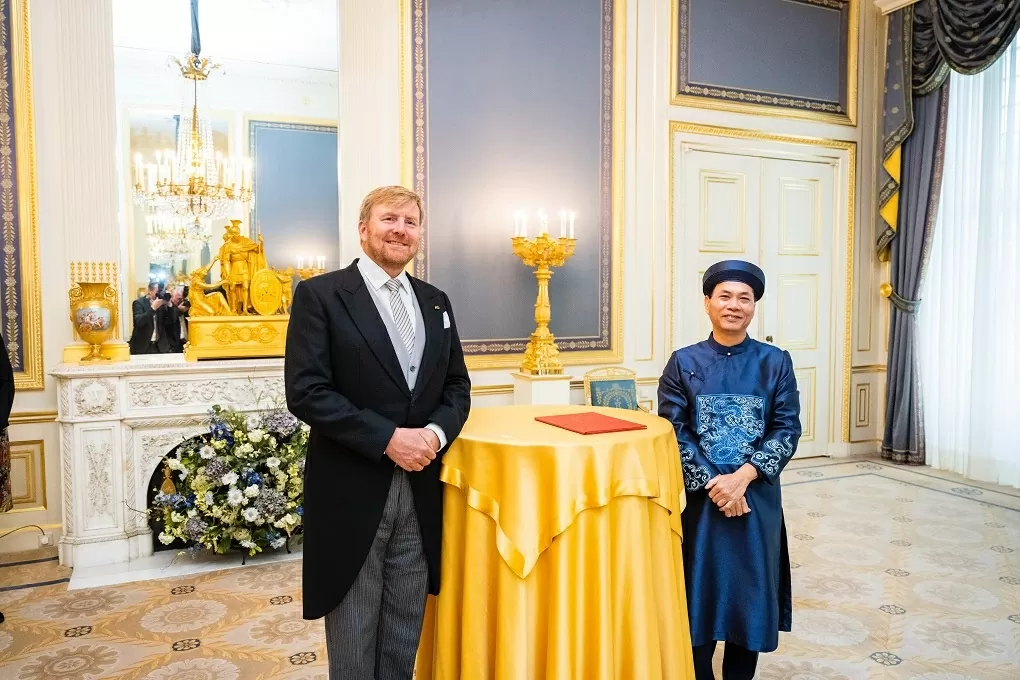 |
| Ambassador Pham Viet Anh presents his credentials to King Willem-Alexander of the Netherlands at Noordeinde Palace, The Hague, July 8, 2020. (Source: Vietnamese Embassy in the Netherlands) |
During the Covid-19 pandemic, the Ambassador presented his credentials without a handshake ceremony. Do these changes signal a trend in modern diplomacy, Ambassador?
The Covid-19 pandemic has created a turning point for human activities in general, including diplomatic ceremonies.
Before I presented my credentials to the King of the Netherlands, the Protocol Department of your country informed me how the entire ceremony would take place: the number of people would be reduced, there would be no royal carriage to pick me up, but my own carriage, and no handshake when presenting my credentials. But in the end, I still handed my credentials to the King in person, not on the table. That is, the Protocol Department also tried to make contact at the highest level possible.
I think the current trend in diplomacy is to be fast, efficient and less formal. In the past, diplomatic formalities were very elaborate, which was quite costly in terms of mobilizing resources. Advances in science and technology allow us to simplify diplomatic formalities and operate at a much faster pace, meeting the need for timeliness because now priority is given to direct, straightforward thinking, without any barriers or probing like in the past.
Some countries still maintain the forms of classical diplomacy, but the nuances may be different. Recently, our General Secretary To Lam has had phone calls with many heads of state, and there may even be other phone calls during the working process. That shows that science and technology help streamline the diplomatic process a lot. For example, when abroad, we can show international friends images of Vietnam through our phones immediately. That is the digital way to help us promote Vietnam in the fastest and most updated way.
How does the Ambassador assess the use of social media by modern diplomats, bringing diplomacy closer to the public?
In my observation, the people who do the most diplomacy and have the greatest influence are the heads of state and national leaders. The words they say are either political messages or major directions, the attitudes of the whole nation.
Nowadays, many world leaders use websites to give opinions, comments, and opinions to express their attitudes towards world events. It is also a clever way to survey public opinion, to see the reactions of the world and of other countries.
Even our Foreign Minister has a status line to give his views and opinions alongside official information.
It can be affirmed that means such as social networks give us a way to communicate and express ourselves, but they cannot completely replace traditional diplomacy. Therefore, we need to be cautious and know how to use them appropriately for the purpose and nature of the work.
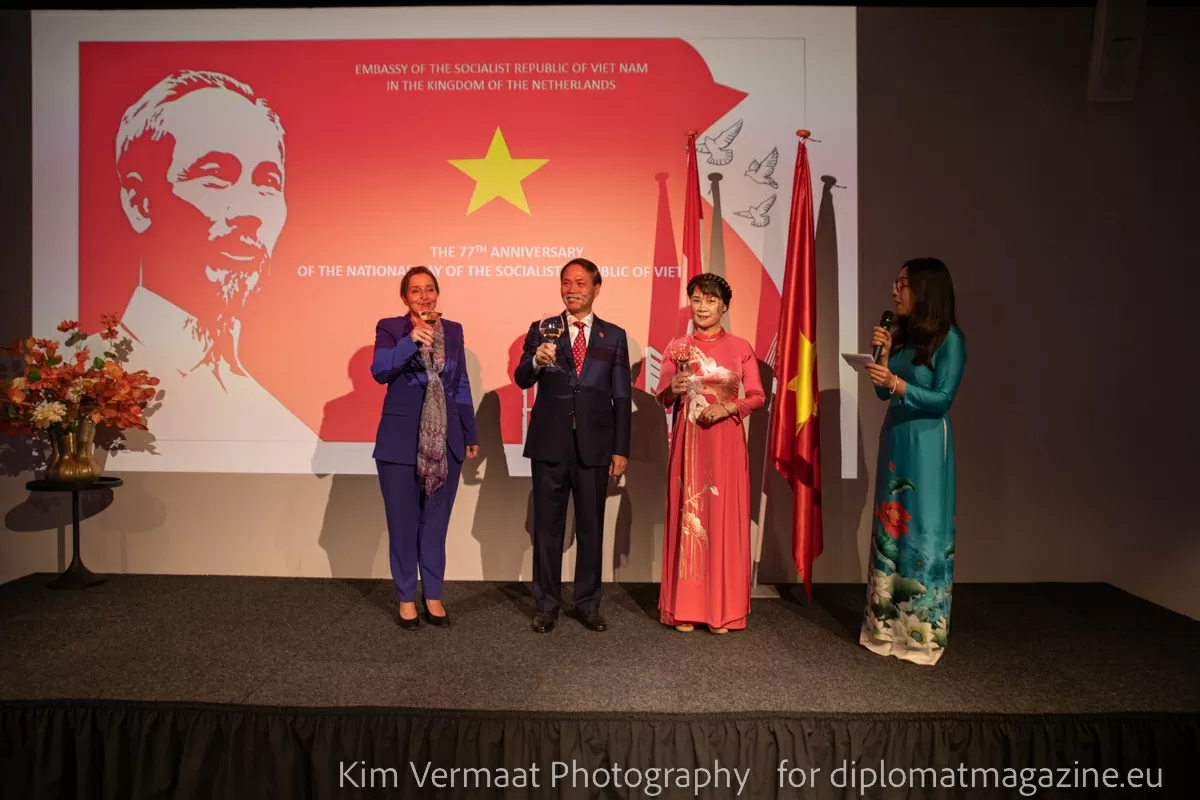 |
| Ambassador Pham Viet Anh and guests congratulated the 77th National Day of the Socialist Republic of Vietnam in the Netherlands, September 19, 2022. |
Throughout your life in diplomacy, what philosophy or principles of life have you embraced to gain courage and flexibility while still maintaining your own identity?
I have always pursued the standard values of a human being, and above all, the moral values that I found in the thoughts of President Ho Chi Minh. The more I do diplomacy, the more I see Uncle Ho's thinking, methods and behaviors as exemplary. That has been my guiding principle until now.
According to Uncle Ho's advice, we must strive to do what is beneficial to the people, and we must strive to avoid what is harmful to the people. The people are the ultimate goal, the goal of the nation, and the interests of the nation.
Recalling the Covid-19 pandemic period when I was the Vietnamese Ambassador to the Netherlands, all Vietnamese representative agencies abroad had to learn about Covid-19 prevention methods of other countries to send back home for consultation. Later, when other countries had Covid-19 vaccines, the representative agencies continued to negotiate to get vaccines for their people because at that time, the countries did not have enough to use and did not sell them.
These are just small examples to show that diplomats must always be attentive and concerned about the story for the benefit of the nation and people. And when doing it, they must do it both resolutely and gently and flexibly to achieve the best results.
Ho Chi Minh's example is a red thread that guides and lights my way throughout my life, not just in diplomacy.
Thank you very much Ambassador!
| Ambassador Pham Viet Anh was born on July 27, 1963 in Hanoi. From 1997 to present, he has been an official of the Ministry of Foreign Affairs, having held various positions domestically such as Deputy Director of the Department of Organization and Personnel, Chief Inspector of the Ministry of Foreign Affairs; abroad: First Secretary of the Vietnamese Embassy in Algeria, Minister Counselor of the Vietnamese Embassy in France and Vietnamese Ambassador to the Netherlands (2020-2023). |
Source: https://baoquocte.vn/dai-su-pham-viet-anh-the-gioi-tim-den-viet-nam-vi-chinh-sach-doi-ngoai-can-bal-va-su-phat-trien-noi-luc-manh-me-317366.html


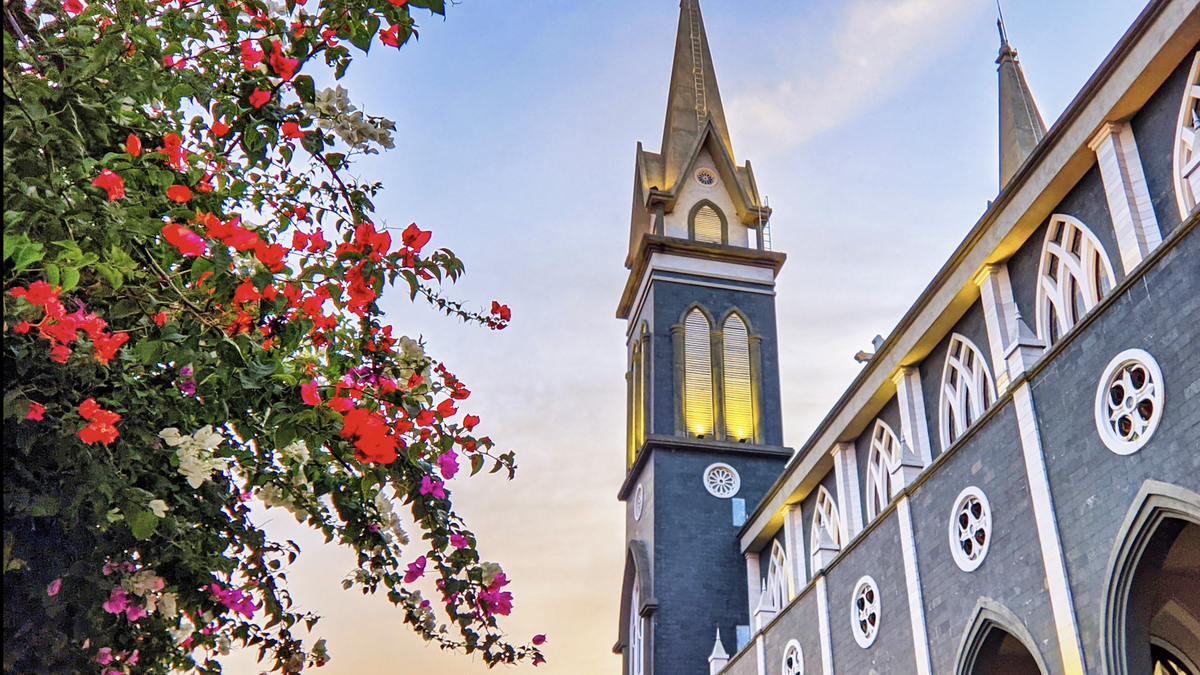
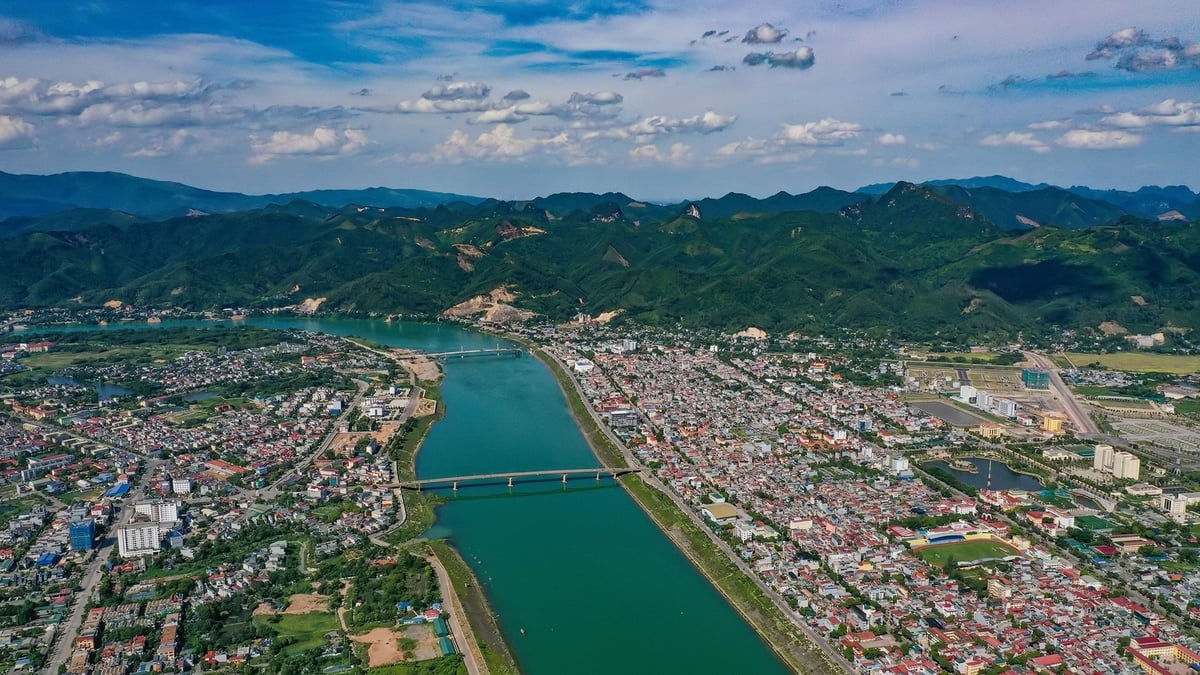

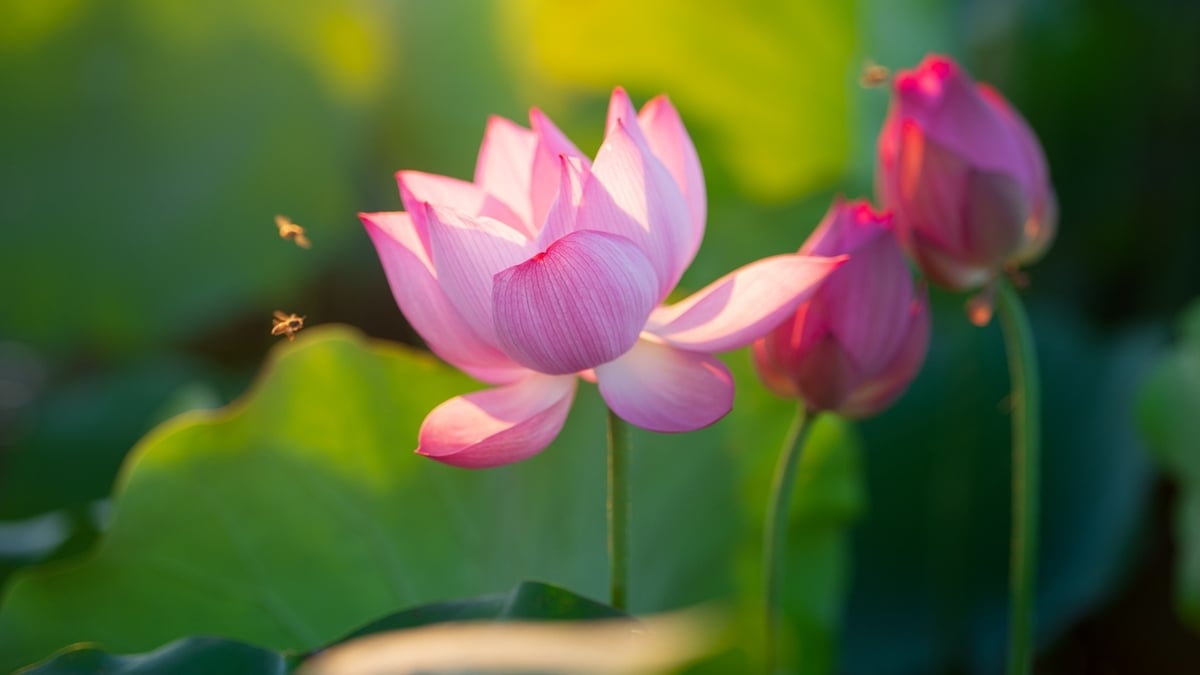
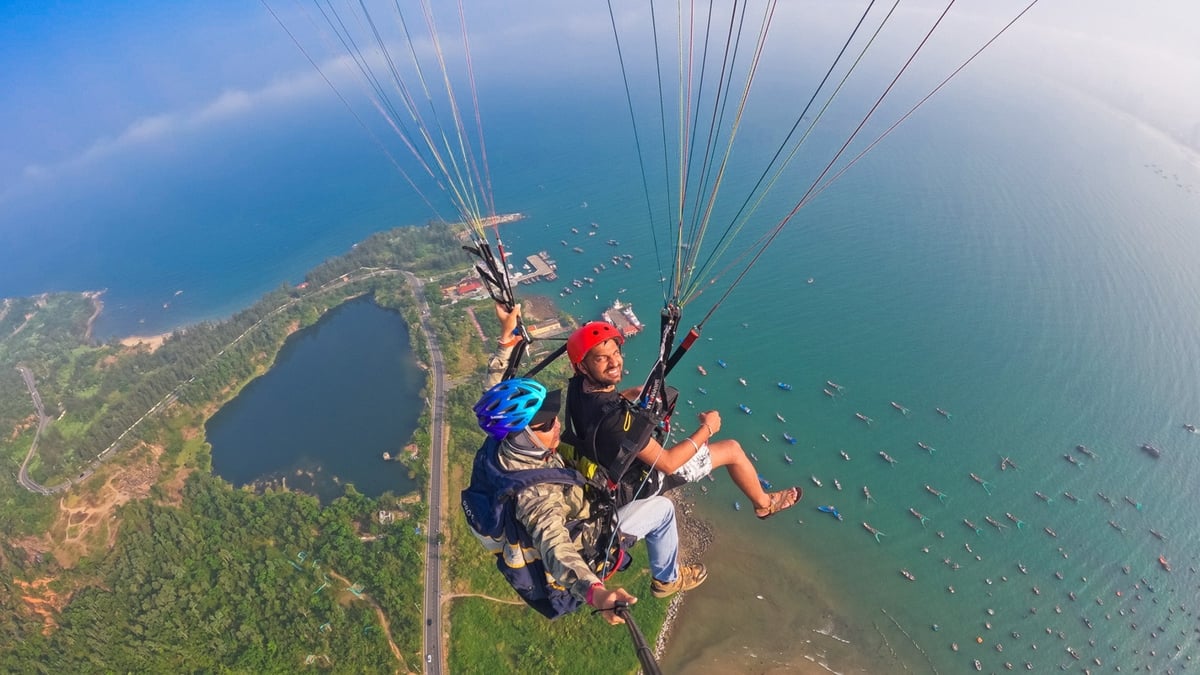
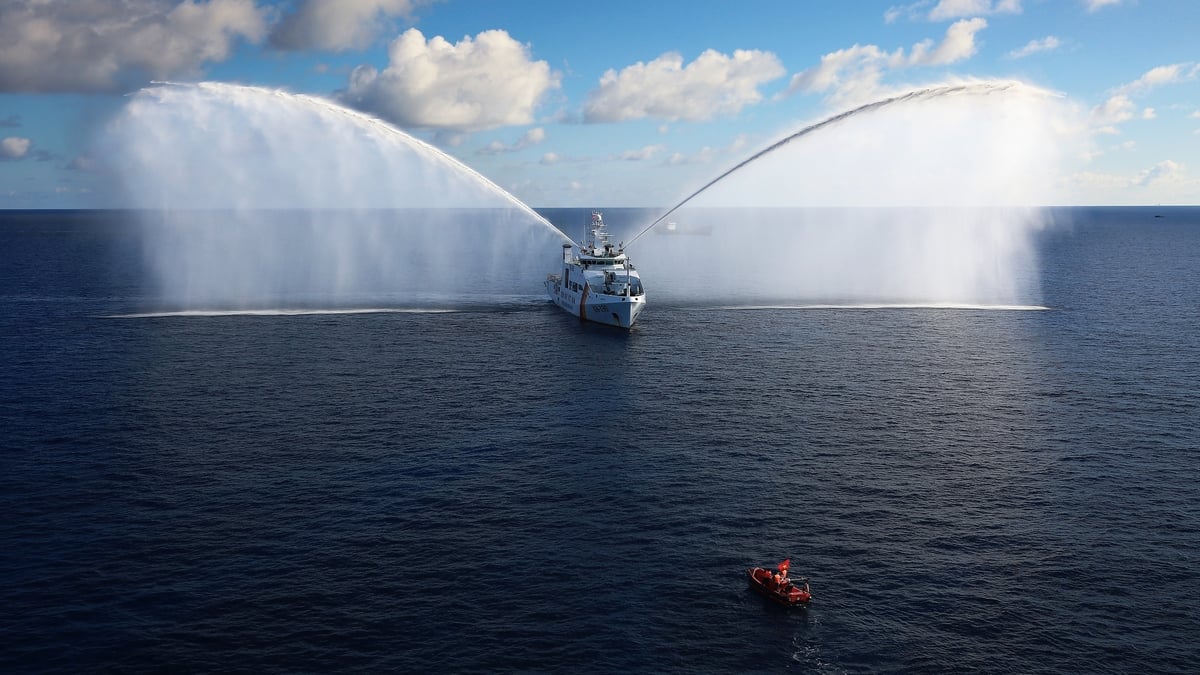
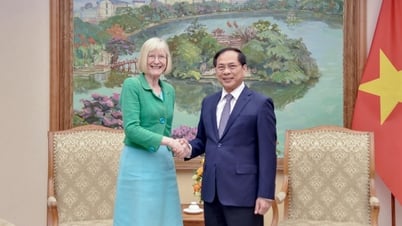
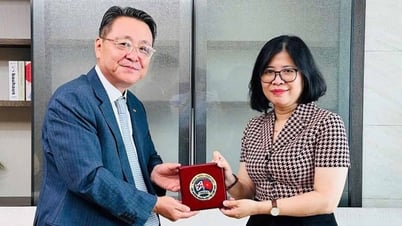
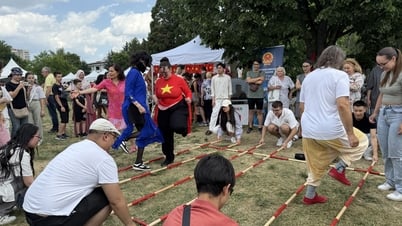

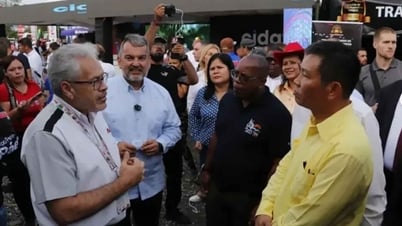






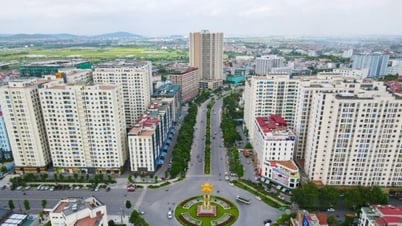

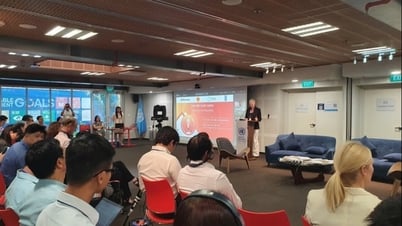
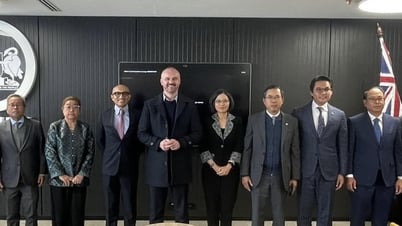
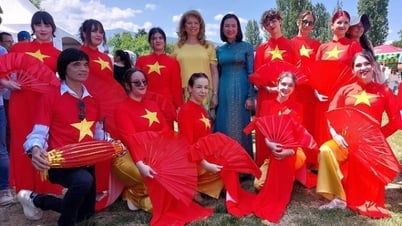

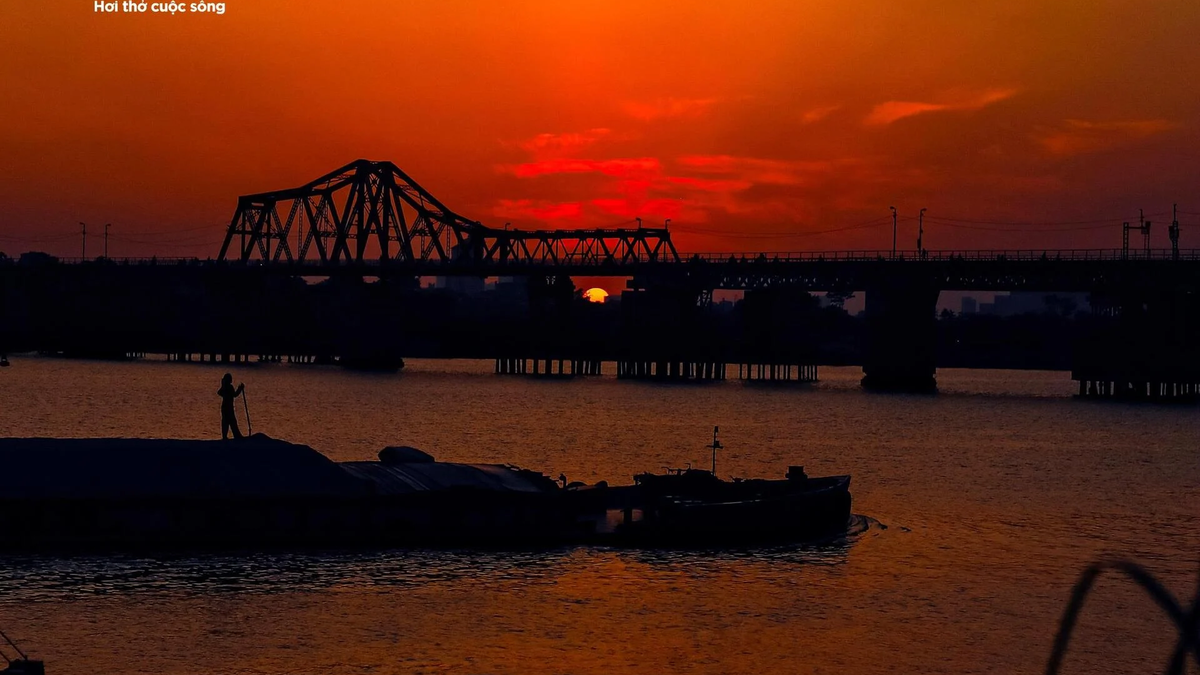
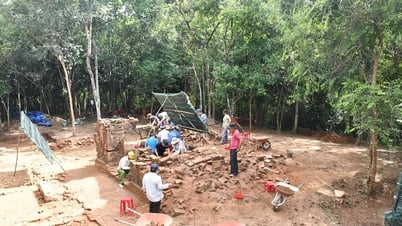

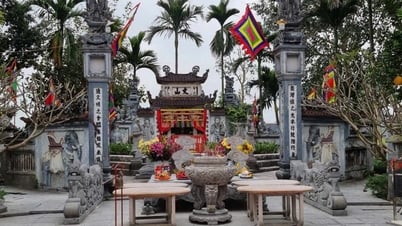
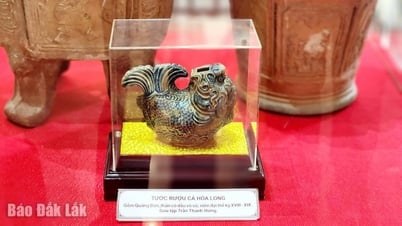

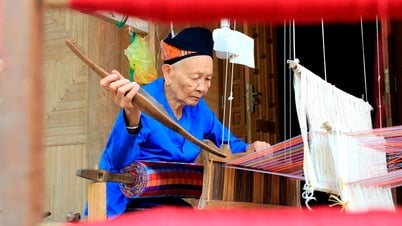

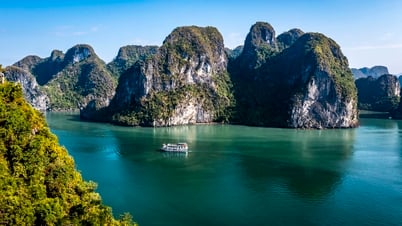

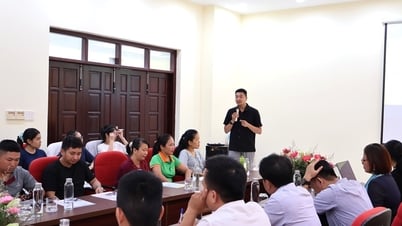
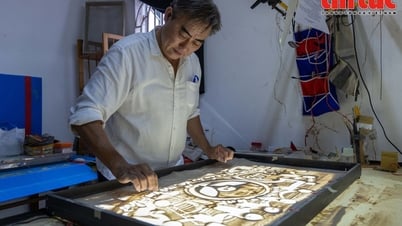

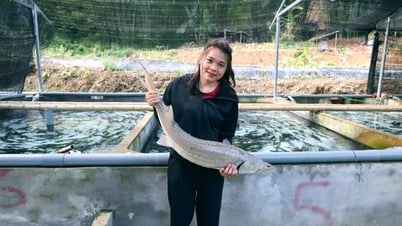

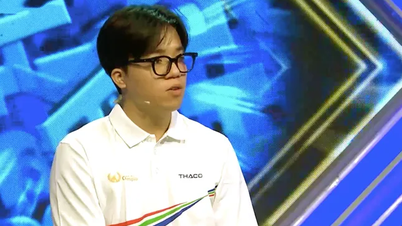

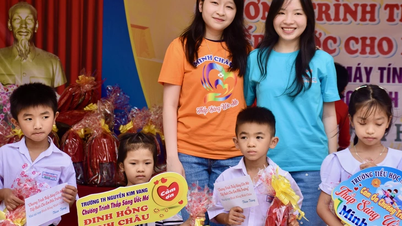

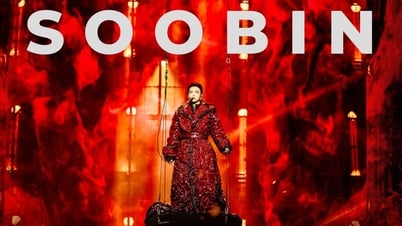

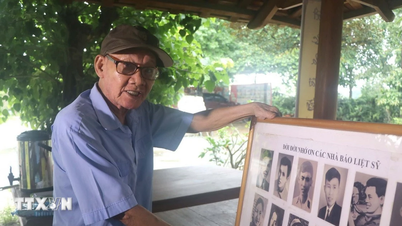

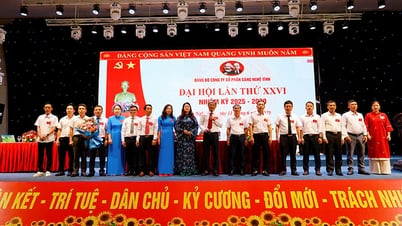

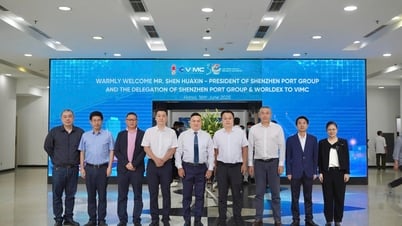
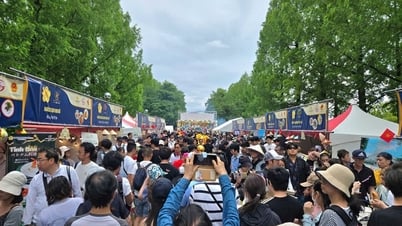
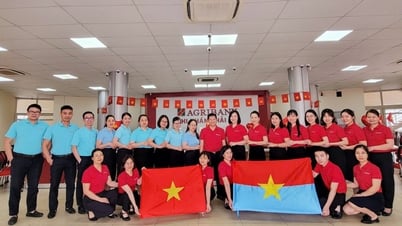

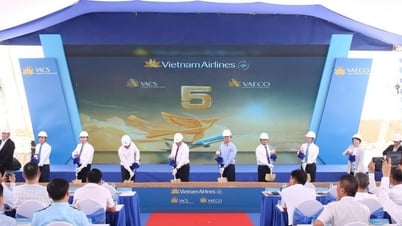
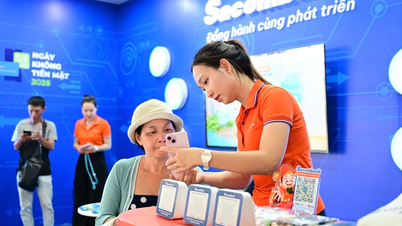
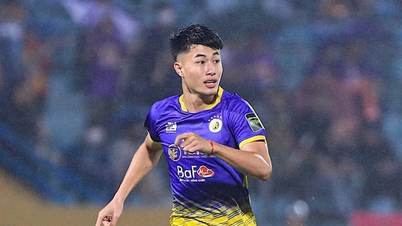
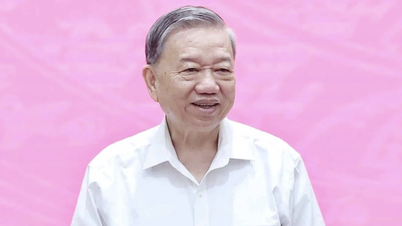
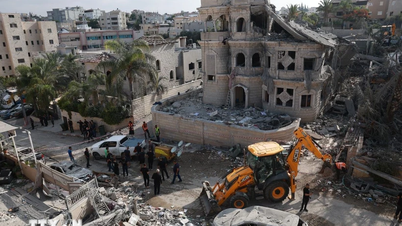
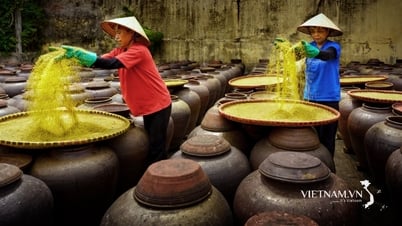
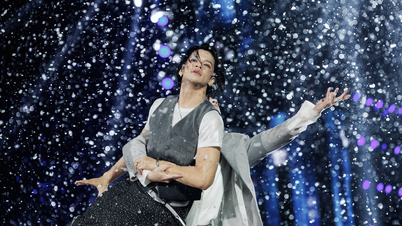
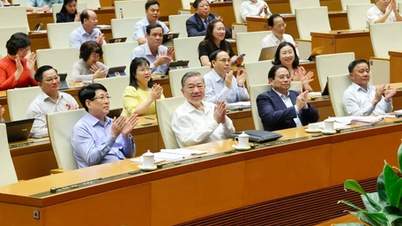
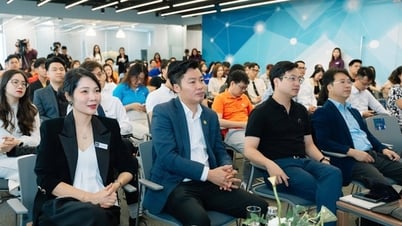

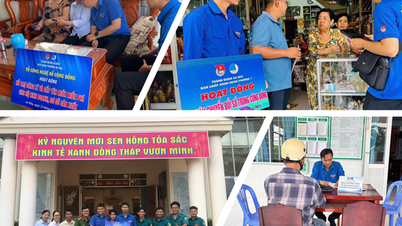
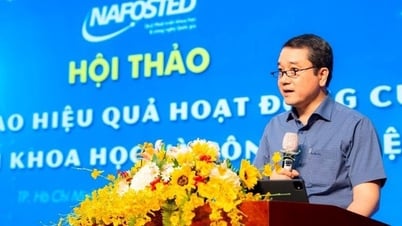
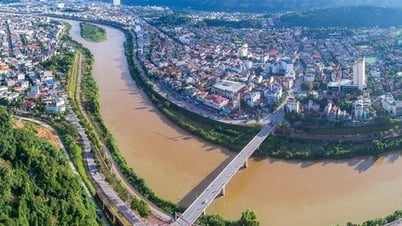

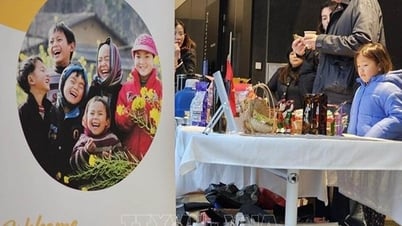
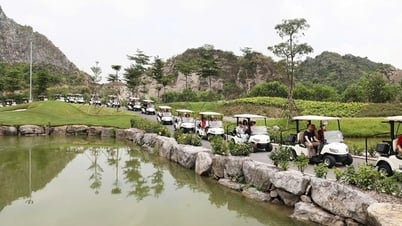
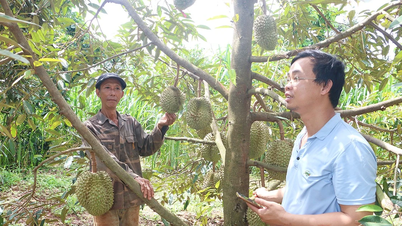

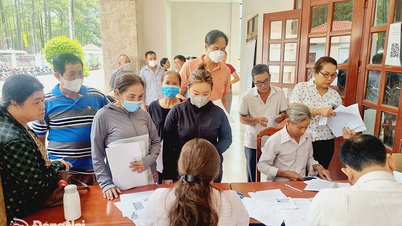


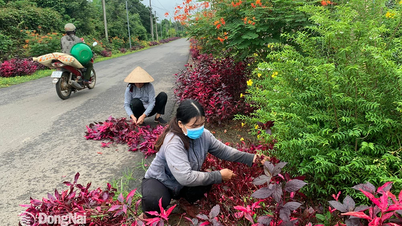
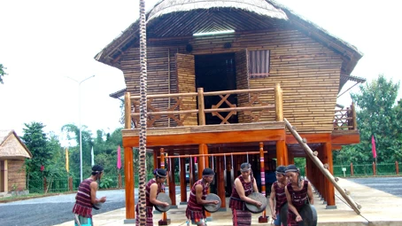
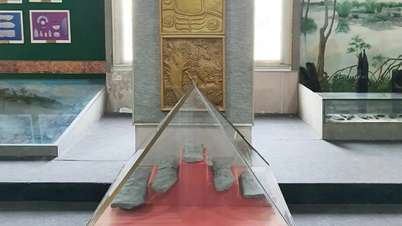
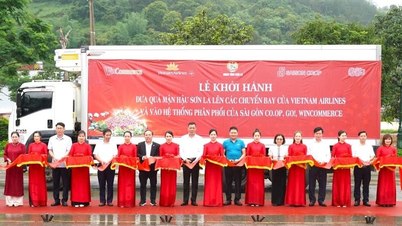
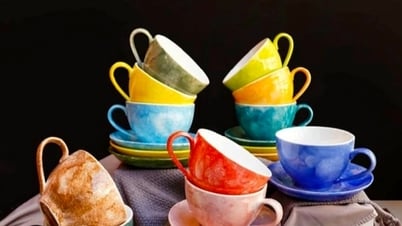









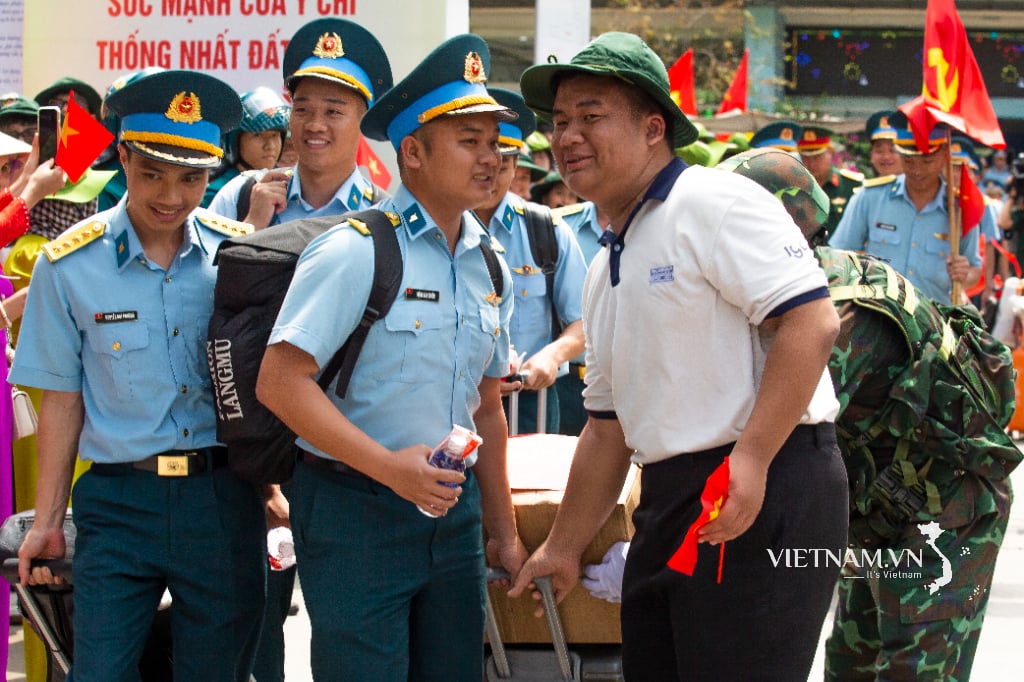



Comment (0)